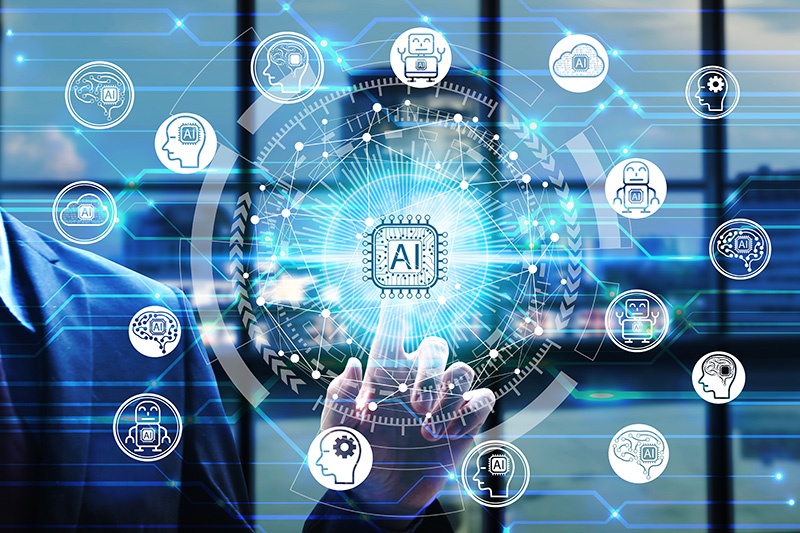
The significance of AI in remote recruitment
2020: The rise of remote recruitment
It’s a very 2020 thing: hiring has gone remote. Not that it was all in-person in 2019. Riding on the tailwinds of technology and automation, the practice was on the upswing. Just like many other things in the world, companies came up against COVID-19. Workforces went remote, and as a corollary, hiring went remote as well.
What exactly is remote recruitment?
It refers to the HR practice of casting a wider net to find suitable candidates for open positions – looking beyond company locations. The hiring process happens completely virtually. Post virtual onboarding, an employee may possibly work remotely, either partially, temporarily or permanently.
AI in remote hiring: evolutionary tech
HR technologists have been deploying an array of tools and systems to make the recruitment process more efficient, whether it is recruitment marketing automation, video interviews, virtual reality engines, or facial recognition software, to enhance candidate experience.
AI in recruitment tech, although relatively new, has become almost ubiquitous. Consider the use of chatbots to provide instant answers to candidate queries. Or, resume screening algorithms that filter candidates at a much faster rate than any human can. Pre-assessment tools that gauge candidate personality and aptitudes have become quite prevalent.
These are the myriad ways in which AI works in hiring: as an underlying support tech that turbocharges the recruitment process and provides an array of efficient tools for recruiters to do their jobs faster and more efficiently.
5 ways AI is transforming remote hiring
Let us examine 5 specific and powerful ways AI can benefit remote hiring practices:
- Better Sourcing: When the recruitment footprint goes bigger, as it does with remote hiring, the number of input resumes goes up tremendously as well. It is the norm today to source resumes from multiple sources such as company websites, social media channels, online job portals as well as recruitment companies. This leaves recruiters with the tedious task of normalising multiple formats, types of resumes, and amounts of input content to make crucial decisions. AI can greatly help streamline this workflow, and present filtered end products for assessment.
- Finding Best Fit, Faster: Pre-assessment tools such as those offered by HirePro are invaluable for HR technologists to help assess if candidates are the right fit for the position. Finding the fit becomes all the more important in remote contexts, where employees are potentially working from home and don’t have the benefit of working closely with teams. The personality of these employees must be able to ride the new paradigm of remote work capably – AI can help gauge this.
- Better candidate experience: Candidates today form an impression of the company culture from various digital touchpoints. Recruiters have this additional channel to worry about managing and controlling. Chatbots powered with Natural Language Processing (NLP) can be powerful allies in this effort. They engage candidates across different digital platforms, providing the right answers that keep the brand messaging intact while clarifying a host of questions candidates may have. They save the precious time of human resources in the process.
- Filtering out the fakes: Facial recognition and fraud detection technology has evolved by leaps and bounds. AI-powered tech during video interviews can gauge candidates’ voice tone and tenor, body language and gestures to assess candidate fit. Attempts at fraud during the process are detected admirably by platforms such as Hirepro. The entire process becomes ‘frictionless’ for recruiters as they don’t have to worry about the latest tech that fraudulent candidates are throwing at them to bypass the system. Instead, recruiters can focus on getting positions filled.
- Remove the bias: Human bias against candidates – whether due to gender, race, age or even qualifications – can be subtle. But it’s effects are rampant and can prevent companies from getting the best possible resources for particular openings. AI, when trained right, can prevent this – as machine learning models are trained on the right data where human bias has been weeded out, they can be deployed to provide bias-free assessments of candidates throughout the recruitment process.
The addition of Artificial Intelligence (AI) in current hiring platforms and tools, and newer ones still coming up, is a powerful dimension in recruitment technology.